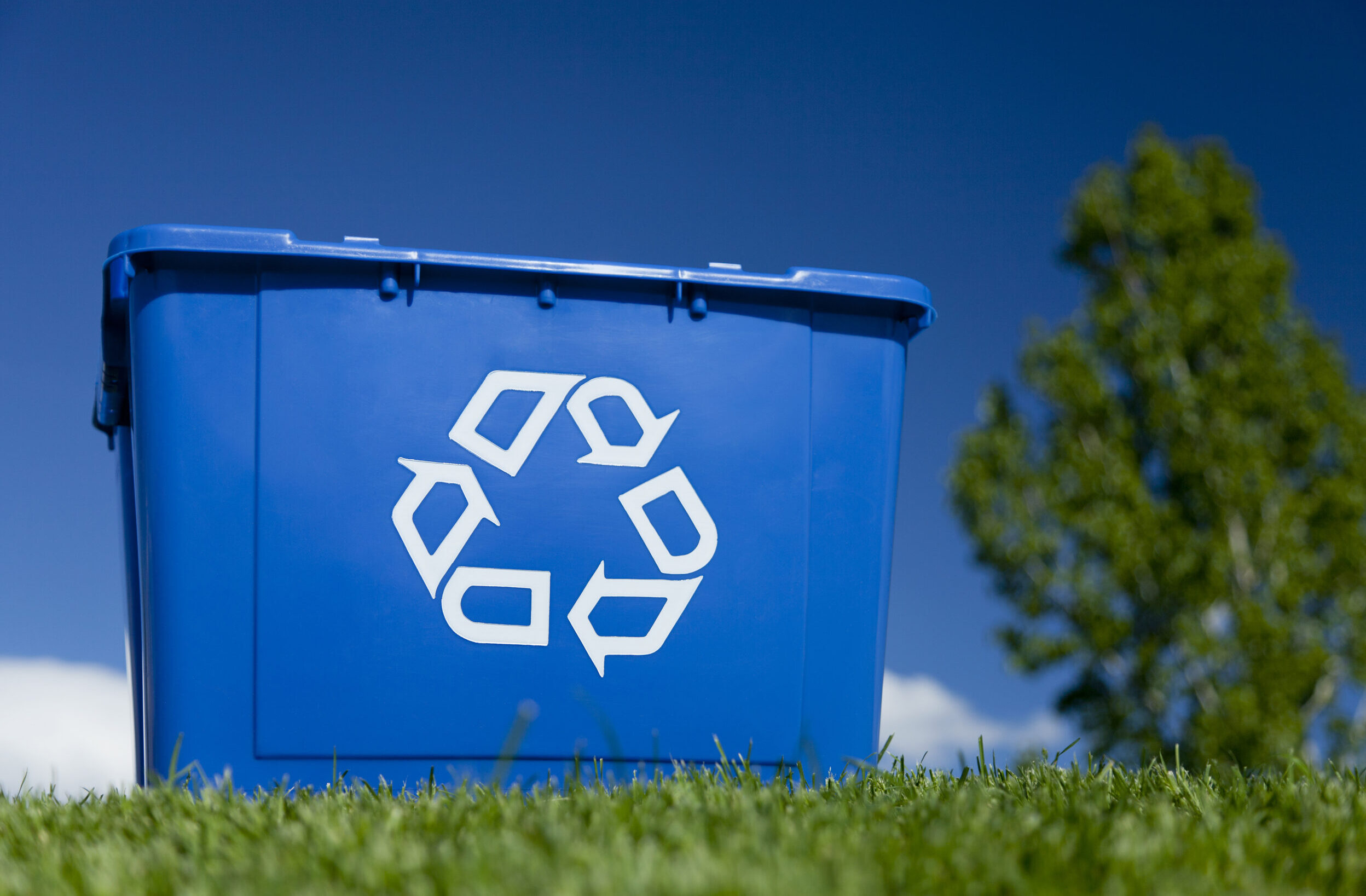We are pleased to share an update on a nationally integrated approach that is being developed to support Canada’s transition to extended producer responsibility (EPR).
The transition to EPR is expected to occur separately but concurrently across provinces between 2023 – 2025, and producers are experiencing significant financial and operational considerations as this transition commences.
To support this change and manage impact, Circular Materials, Recycle BC, Multi-Material Stewardship Western and Multi-Material Stewardship Manitoba are working together to review an optimal business model for delivering EPR across Canada. This includes developing a nationally integrated approach and roadmap that identifies activities the respective organizations will collaborate on to achieve common goals and efficiencies together.
The purpose of the work is to mitigate cost increases and achieve productivity gains that can come from national integration and local/regional presence, looking at:
- maximizing efficiency of current and future reserves,
- improving environmental outcomes while driving economies of scale and cost savings,
- providing producers with a unified national voice in support of existing and future regulations,
- capitalizing on the efficiencies of a common, harmonized approach (processes and technology),
- delivering a model that is reflective of regional needs and priorities,
- meeting the needs of all producers, regardless of size or industry, and
- developing national standardization of both material inputs and outputs to enable efficiencies within the system,
all while appropriately managing and mitigating risks.
There are many opportunities to leverage the strengths, capabilities, and investments we have built over the years across producer responsibility organizations to deliver national integration.
We look forward to sharing more as we evolve this nationally integrated approach to support producers and improve environmental outcomes.

